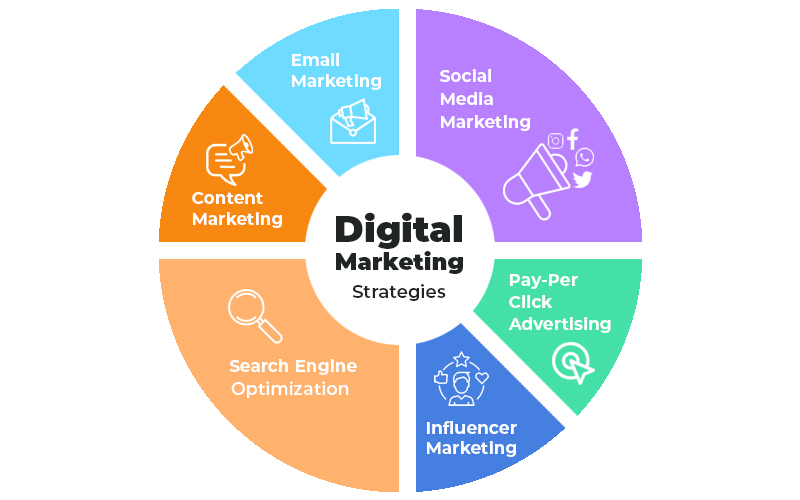Understanding the Win-Win Mindset
The foundation of successful win-win negotiations lies in a genuine commitment to finding a solution that benefits all parties involved. This isn’t about compromise where everyone gives something up; it’s about collaborative problem-solving where everyone gets something they value. Shifting your perspective from adversarial (“I win, you lose”) to collaborative (“we both win”) is crucial. This means approaching the negotiation with empathy, seeking to understand the other party’s needs and interests, rather than simply focusing on your own demands.
Active Listening and Empathy: Key to Mutual Understanding
Effective communication is paramount. This isn’t just about speaking clearly; it’s about actively listening to what the other party is saying, both verbally and nonverbally. Try to understand their underlying needs and motivations. Ask clarifying questions, paraphrase their points to ensure you understand, and reflect their emotions. Empathy allows you to see the situation from their perspective, building trust and fostering a collaborative environment. By genuinely attempting to understand their concerns, you create space for creative solutions that address everyone’s needs.
Identifying Shared Interests and Goals: Finding Common Ground
Before diving into specific demands, take the time to identify shared interests and overarching goals. What are you both trying to achieve? What common ground exists? Focusing on these shared aspects helps build a sense of unity and collaboration, making it easier to find mutually beneficial solutions. This shared understanding can form the bedrock of your agreement, providing a solid foundation for addressing more complex issues.
Brainstorming Creative Solutions: Expanding the Pie
Once you’ve established common ground, it’s time to brainstorm potential solutions. Think outside the box. Don’t limit yourselves to the initial proposals; explore a wider range of options. This collaborative brainstorming process can uncover unexpected solutions that satisfy everyone’s needs. The goal is to “expand the pie,” creating more value for everyone involved rather than simply dividing a fixed amount of resources.
Prioritizing and Making Trade-offs: Strategic Concession
While the aim is a win-win outcome, this doesn’t mean every party gets everything they initially want. Prioritize your needs and identify areas where you’re more flexible. Strategic concessions can demonstrate goodwill and facilitate agreement. It’s not about giving up on your core interests, but about finding creative ways to address them while also meeting the other party’s needs. This often involves identifying trade-offs where one party gives up something less important in exchange for something more valuable.
Building Trust and Rapport: Long-term Relationship Focus
A win-win negotiation isn’t just about the immediate outcome; it’s about building a positive and lasting relationship. Trust and rapport are essential for future collaborations. Maintain open and honest communication, be respectful of the other party’s perspective, and celebrate your mutual success. A strong relationship can lead to greater opportunities for collaboration and mutual benefit in the long run. Remember that a successful negotiation is often the start of a continued working relationship, so nurturing that connection is paramount.
Documenting the Agreement: Ensuring Clarity and Accountability
Once you’ve reached an agreement, ensure it’s documented clearly and concisely. This written agreement serves as a record of the terms and prevents future misunderstandings. The document should be specific, outlining the responsibilities of each party, timelines for completion, and mechanisms for resolving disputes. A clear and well-defined agreement ensures both parties understand their commitments and fosters accountability.
Reviewing and Evaluating: Continuous Improvement
After the negotiation, take time to review the process and outcome. What went well? What could be improved? Reflecting on your experiences will help you refine your approach for future negotiations. This continuous evaluation process contributes to the development of stronger negotiation skills and enhances your ability to achieve win-win outcomes consistently. Read also about corporate negotiation training.
















